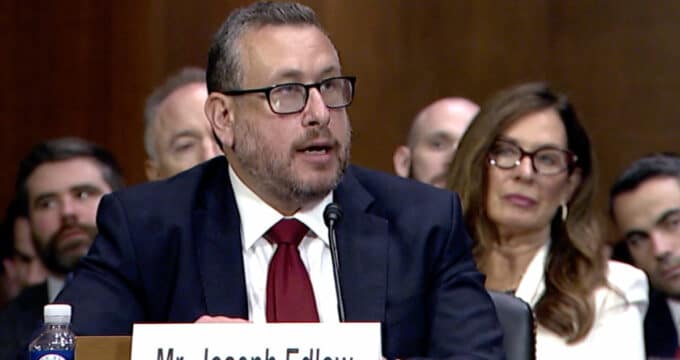Navigating the nuances of the Venezuelan study abroad market
With Venezuelan President Hugo Chavez winning another term in office, readers might be wondering what lies ahead for the country's youth in terms of education and study abroad options. In search of information on how to navigate the nuances of the Venezuelan study abroad market, ICEF Monitor recently had the opportunity to speak with Mr Jose Ramon Camejo Silva, CEO of Education Around The World, a Venezuelan-based consultancy. Our video interview below provides information on how they operate, including best practice tips for their partners and managing the CADIVI (Comisión de Administración de Divisas - Commission for the Administration of Currency Exchange). CADIVI is the Venezuelan government body which administers legal currency exchange in Venezuela. Commercial banks and other exchange agents are required to obtain authorisation from CADIVI in order to trade Bolίvares Fuertes (VEF) into any other currency. Students must provide multiple documents, which must be in Spanish, to the Venezuelan government in order to be approved for CADIVI. Therefore, Silva recommends his partners to send paperwork such as letters of acceptance and invoices in Spanish in order to save time and money.
"The key factor is to have enough time."
Silva further explains, "CADIVI is asking for the documents to be in their office 30 working days prior to the programme start date... and so we need to allow for enough time to get the documents, get them translated, get the visa, etc. "So we ask our students to give us four months lead time." According to Silva, there are not many agencies in Venezuela, and it can be difficult to find quality agencies, as there are no agency associations in the country. He remains optimistic and states that things are "looking better every year, with year on year growth in spite of the problems such as currency control." Florian Schäfer from kommod.tv interviewing Mr Jose Ramon Camejo Silva of Education Around The World for ICEF Monitor.
Currency control challenges
As reported in the government’s official newspaper the Gaceta Oficial No. 39,904 in April of this year, the Venezuelan Ministry of Higher Education will restrict the ability of students aspiring to pursue undergraduate and graduate degrees abroad to apply for foreign currency. The only students who can access foreign currency are those studying one of the pre-determined 172 subjects (fields in which Venezuela lacks qualified professionals, according to the government) such as: basic sciences, engineering/architecture and technology, agriculture and marine sciences, health sciences, education, sport sciences, social sciences or literature/the arts. Students of psychology, law, sociology, biology, international studies and the humanities will not be allowed to access foreign money. “This [rule] reduces the possibilities for people who want to study abroad, creating a fence around thought,” said Francisco Javier Pérez, president of the Venezuelan Language Academy (Academia Venezolana de la Lengua) on the national radio programme Noticias24. There is an alternative to CADIVI known as the Sistema de Transacciones con Títulos en Moneda Extranjera (SITME). However, the exchange rate is worse and there are more restrictions. In related news, Venezuela and Peru have signed an exchange agreement to train undergraduate and postgraduate students starting in early 2013. President of the Venezuelan Fundayacucho scholarship programme, Adriana Tovar, said Venezuela is interested in sending students to Peru to strengthen their knowledge in matters of textile. Whereas Peruvians expressed their desire to train their students in Venezuela in areas of science and technology, particularly in engineering, to boost the country's industry.
Most Recent
-
Asia “consolidating as the leading destination region” for international students Read More
-
Kazakhstan sets its sights on being a regional hub for international students Read More
-
US: Study estimates that changes to international student policies could reduce GDP by up to US$481 billion per year Read More
















